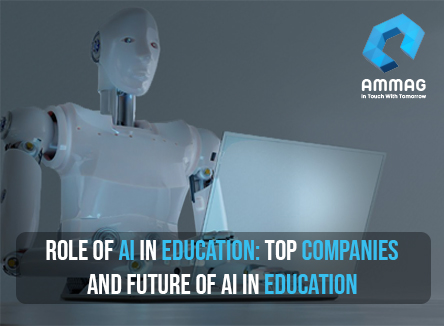AI in Healthcare: Pioneering Medical Diagnostics and Treatment
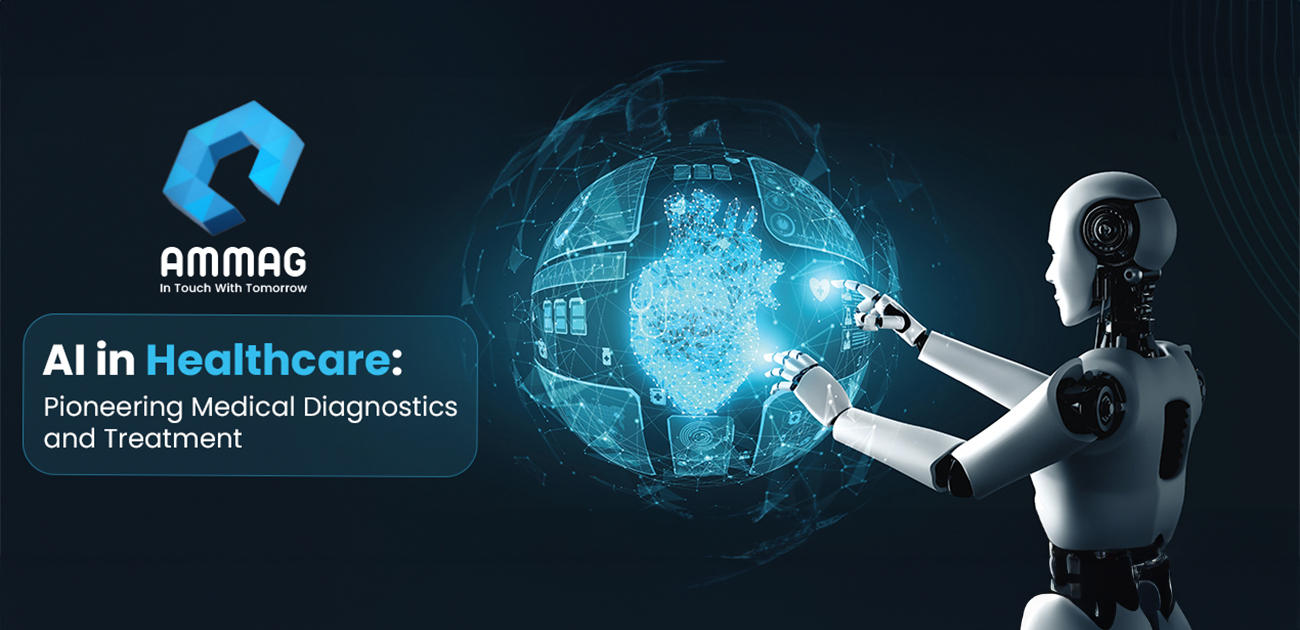
AI in healthcare is a game-changer, revolutionizing the way medical diagnostics and treatments are conducted. In this blog, we'll explore the significant role of, AI Technologies particularly in the context of medical diagnostics and treatment. AI's ability to analyze vast amounts of data at an unprecedented speed has opened new frontiers in healthcare.
From early disease detection to personalized treatment plans, AI is making healthcare more precise and effective than ever before. Let's dive into the transformative potential of AI development solutions in the medical field.

AI Development Solutions in Medical Diagnostics
AI development solutions have reshaped the landscape of medical diagnostics. These cutting-edge technologies, often developed by any leading AI development company, have paved the way for faster, more accurate, and cost-effective diagnosis. AI algorithms can analyze medical images, such as X-rays, MRIs, and CT scans, with remarkable precision. This not only accelerates the diagnostic process but also helps in the early detection of diseases, significantly improving patient outcomes.
The ability of AI to sift through vast datasets and identify subtle patterns that might elude human eyes is a game-changer in radiology and pathology. Moreover, AI-powered diagnostics have the potential to reduce errors and enhance the overall quality of healthcare. By streamlining the diagnostic process, AI allows healthcare providers to make more informed decisions, leading to timely interventions and improved patient care.
The Role of AI Development in Medical Imaging
AI has emerged as a powerful ally in the field of medical imaging, transforming the way healthcare professionals interpret and analyze images. When it comes to medical diagnostics, speed and accuracy are paramount, and AI solutions excel in both aspects.
One of the key areas where AI shines is in radiology. By harnessing the capabilities of machine learning and deep learning , AI algorithms can swiftly process radiological images, identifying anomalies and potential diseases. This not only expedites the diagnostic process but also enhances the accuracy of results.
AI-powered medical imaging goes beyond traditional methods. It can detect the most subtle irregularities in X-rays, MRIs, and CT scans. For instance, in the context of cancer diagnosis, AI can identify minute variations that might escape the human eye. This early detection is crucial for initiating timely treatment, increasing the chances of successful outcomes.
Moreover, AI doesn't just stop at identifying anomalies. It can assist in the characterization of diseases, offering additional insights to healthcare professionals. For example, in the case of tumors, AI can help determine their type, size, and potential malignancy.
The impact of AI in medical imaging extends to various specialties, including cardiology, neurology, and orthopedics. It's an invaluable tool for providing more accurate and faster diagnoses, resulting in improved patient care.
Each AI solution providers is deploying AI development apps to bring forth this transformative technology, pushing the boundaries of what's possible in medical imaging. They're continually refining algorithms and improving the precision of AI systems. As a result, AI-driven medical imaging is set to become an indispensable component of modern healthcare.

AI-Enhanced Diagnostics and Disease Prediction
AI isn't just limited to interpreting medical images; it plays a crucial role in enhancing diagnostics and predicting diseases. By analyzing vast datasets of patient information , AI can identify trends, risk factors, and potential health issues, enabling early intervention and preventive measures.
One of the remarkable capabilities of AI is its capacity to process large amounts of patient data, including electronic health records, laboratory results, and patient histories. With this data, AI can identify patterns that may not be evident to human healthcare providers. It can predict disease progression, flag potential risks, and provide valuable insights into a patient's overall health.
In the context of chronic diseases, AI can be a game-changer. By continuously monitoring patients' data, it can provide real-time alerts for healthcare providers and patients, ensuring that any worsening of a condition is addressed promptly. This proactive approach can lead to better disease management and improved patient outcomes.
Additionally, AI-driven predictive analytics can assist in identifying potential epidemics and outbreaks. By analyzing various data sources, such as social media trends and healthcare data , AI can provide early warnings and help public health authorities take necessary measures to control the spread of diseases.
AI development companies are actively involved in developing and fine-tuning AI algorithms for disease prediction and early intervention. They work closely with healthcare institutions to ensure that these AI solutions are seamlessly integrated into clinical practice.
AI-enhanced diagnostics and disease prediction are poised to become indispensable tools for healthcare providers, enabling them to deliver more personalized and effective care. The potential for early intervention, disease prevention, and improved patient outcomes is a testament to the transformative power of AI in healthcare
AI in Treatment and Personalized Medicine
AI has not only revolutionized medical diagnostics and disease prediction but has also found its way into the realm of treatment and personalized medicine. The ability of AI to process vast amounts of patient data and scientific literature swiftly has opened up new horizons for tailoring treatments to individual patients.
One of the key applications of AI in treatment is the development of precision medicine. By analyzing a patient's genetic makeup, lifestyle, and medical history, AI can assist healthcare providers in customizing treatment plans that are highly effective and well-tolerated by the patient. This approach is a departure from one-size-fits-all treatments and aims to maximize treatment outcomes while minimizing side effects.
AI can also support healthcare providers in making therapeutic decisions. For example, in oncology, AI can analyze tumor genetic data and suggest the most effective treatment options based on the patient's unique profile. This not only improves the chances of treatment success but also reduces the time spent in trial-and-error approaches.
Additionally, AI is employed in drug discovery and development. By analyzing massive datasets, AI can identify potential drug candidates, significantly speeding up the drug development process. This has far-reaching implications, especially in addressing emerging health challenges such as infectious diseases.
If we talk about the AI App development related to healthcare then the leading AI development companies are at the forefront of personalized medicine and treatment solutions. Their expertise in machine learning and data analysis is instrumental in developing AI algorithms that can navigate the complexities of individualized treatment.
The integration of AI in healthcare represents a shift toward more effective, patient-centric, and evidence-based treatment. Patients can expect a future where treatments are tailored to their unique needs, leading to better health outcomes and enhanced quality of life.
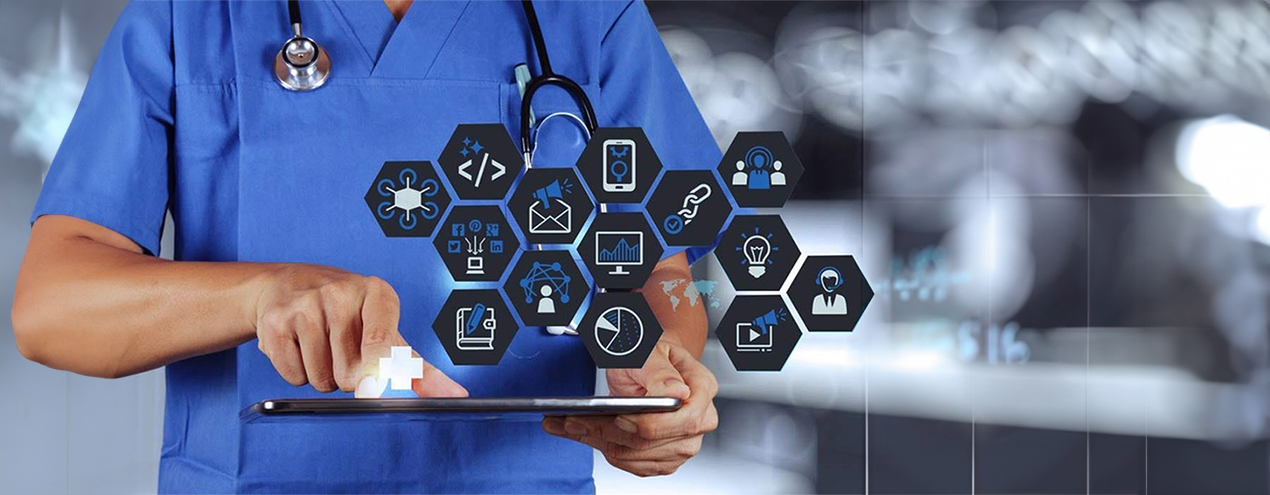
Blockchain in Healthcare: Ensuring Data Security
While AI offers immense potential in healthcare, it also raises concerns about the security and privacy of patient data. This is where blockchain technology, often employed by a blockchain app development company, comes into play. Blockchain's decentralized and immutable nature ensures that health data remains secure, tamper-proof, and accessible only to authorized individuals.
One such exemplary company leading the charge in AI development and blockchain applications is Ammag Technologies, renowned as the best AI development company in Canada. Ammag Technologies specializes in cutting-edge AI solutions and blockchain applications tailored for the healthcare industry.
By storing healthcare data in a blockchain, patients can have greater control over their personal information, allowing them to share it securely with healthcare providers and researchers when needed. This ensures that patient consent and data security are upheld, addressing some of the significant challenges in healthcare data management.
Ammag Technologies' expertise in AI and blockchain solutions ensures the highest standards of security and privacy for healthcare data. They provide state-of-the-art blockchain applications that facilitate secure data exchange between healthcare systems, further streamlining patient care and data management.
As the healthcare industry embraces digital transformation, the combination of AI and blockchain ensures that patients' data remains confidential, yet readily available for timely and accurate treatment. Ammag Technologies' contributions as a leading AI development company in Canada play a pivotal role in realizing the potential of these innovative technologies in healthcare, ultimately improving patient outcomes and the quality of healthcare services.
Blockchain in Healthcare: Ensuring Data Security
While AI offers immense potential in healthcare, it also raises concerns about the security and privacy of patient data. This is where blockchain technology, often employed by any blockchain app development company, comes into play. Blockchain's decentralized and immutable nature ensures that health data remains secure, tamper-proof, and accessible only to authorized individuals.
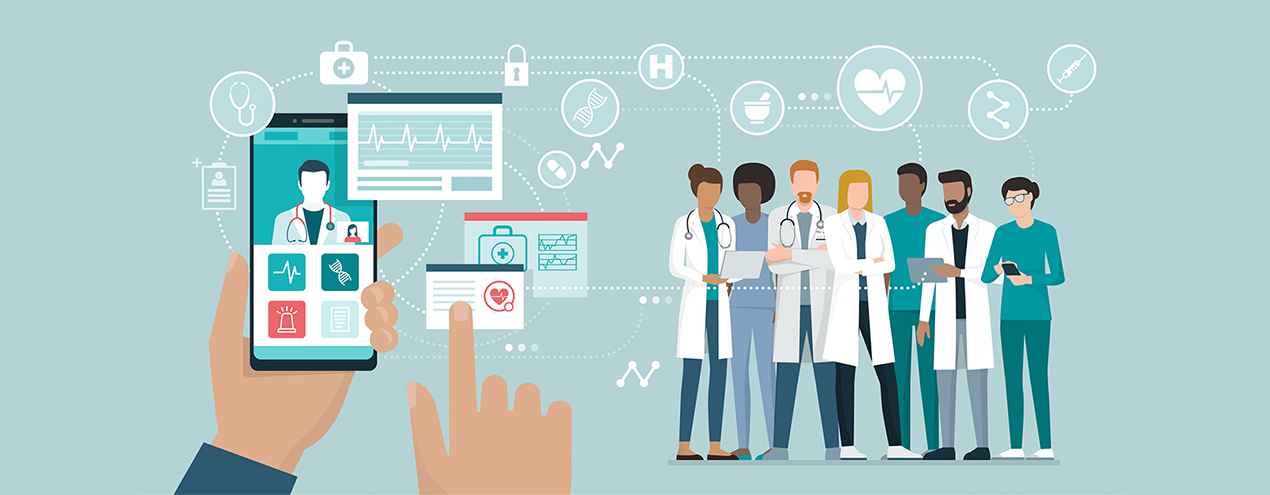
By storing healthcare data in a blockchain, patients can have greater control over their personal information, allowing them to share it securely with healthcare providers and researchers when needed. This ensures that patient consent and data security are upheld, addressing some of the significant challenges in healthcare data management.
Blockchain also enhances the interoperability of health data, allowing different healthcare systems to securely exchange information, further streamlining patient care. As the healthcare industry embraces digital transformation, the combination of AI and blockchain ensures that patients' data remains confidential, yet readily available for timely and accurate treatment.
Conclusion
The incorporation of AI in healthcare, along with the security measures offered by blockchain technology, is propelling the medical field into a new era. These innovations are making medical diagnostics more accurate, treatment more personalized, and data management more secure.
Each AI development company continues to refine and expand their solutions, the future of healthcare looks promising. Patients can anticipate more effective, personalized, and secure healthcare experiences. By embracing these technological advancements, we are pioneering a healthcare system that prioritizes individual well-being and advances the frontiers of medical science.
The synergy of AI and blockchain in healthcare is not merely a technological advancement; it's a profound transformation that holds the potential to enhance the lives of patients and healthcare providers alike.

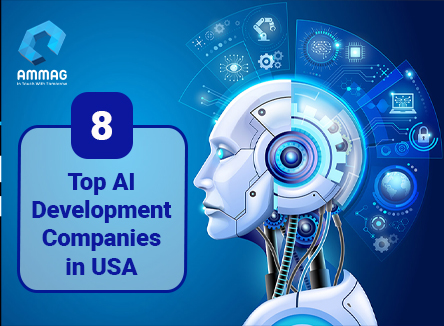











-and-How-Does-It-Work/Main-Image_02.jpg)








